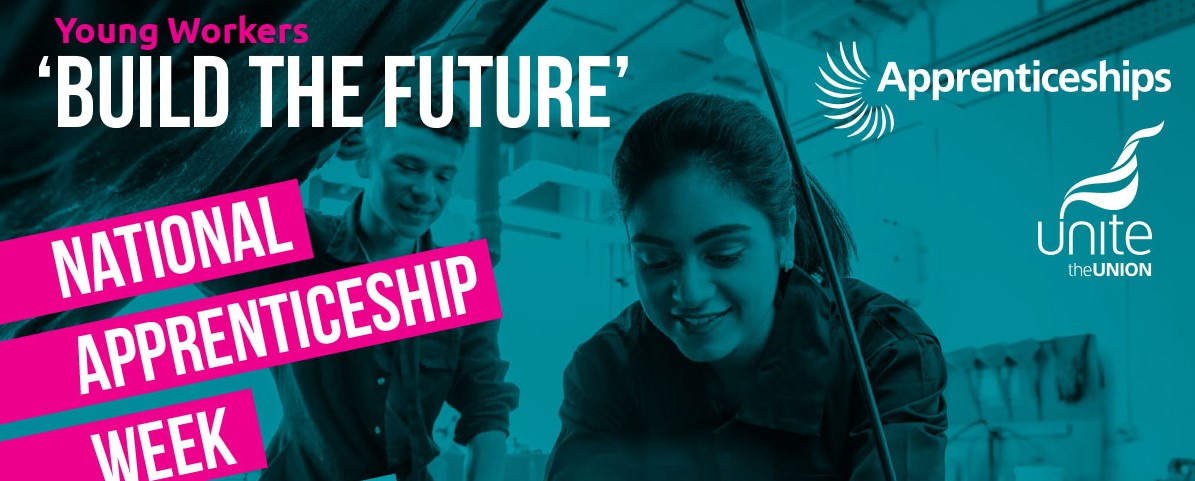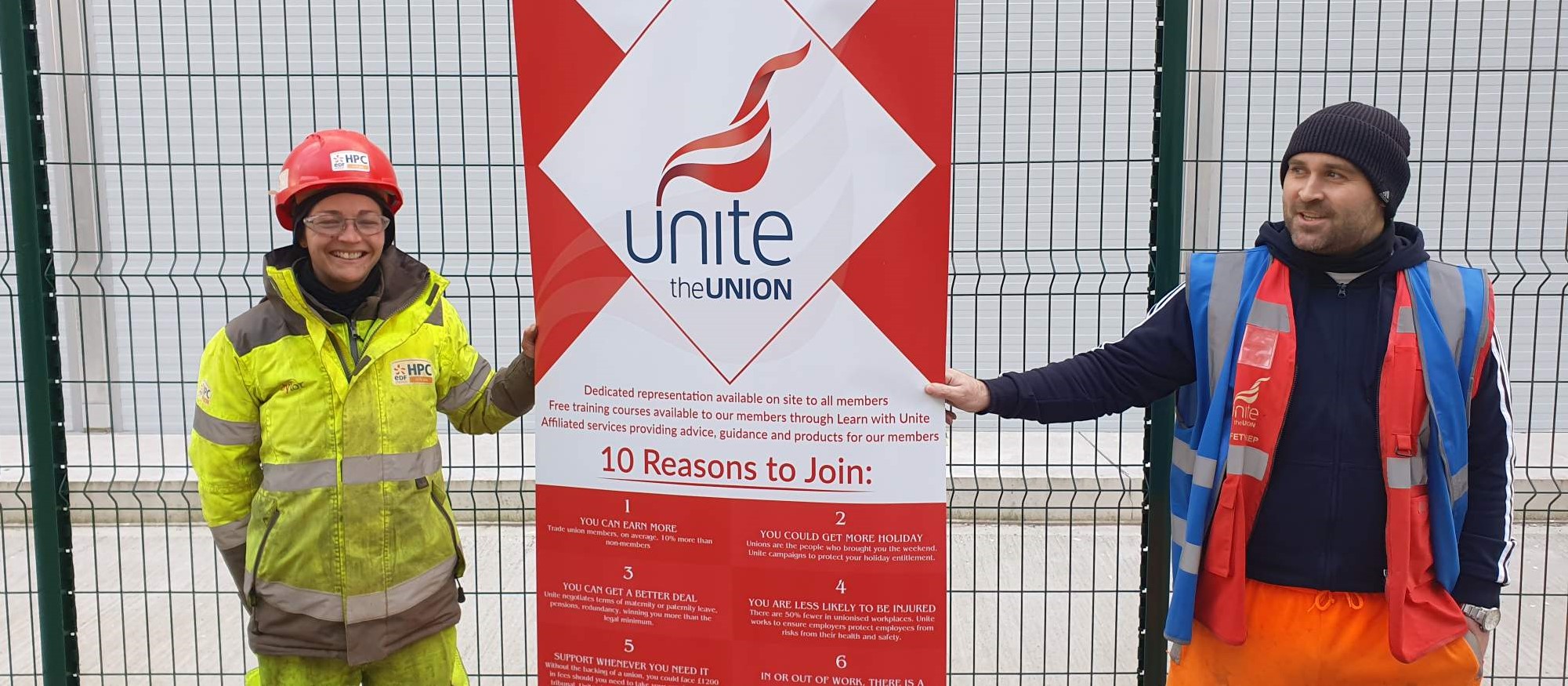â€Best decision you’ll make’
When Nikita Taylor began her four-year electrical engineering apprenticeship at the Vauxhall plant in Luton she was one of only a handful of women working at the site.
“Over the six years that we’ve had apprentices coming in, there has only been two women – myself and another girl in my year,” explained 22-year-old Unite member Nikita, who finished her apprenticeship two years ago.
“It’s still definitely a predominantly male workforce. When I first arrived as a teenager it was a bit strange, because most of the guys here are old enough to be my dad.”
It wasn’t only the lack of women and the age gap that Nikita struggled with – the company had just restarted its apprenticeship programme and there were teething problems.
Nikita said, “When I started they hadn’t taken on apprentices for 15 years and that showed. They’d lost their teaching skills and their ability to talk to young people. New ideas and fresh thinking weren’t getting through.”
“It was a bit of a struggle at the beginning but they’ve adapted and have really helped us. I just think that companies shouldn’t get out of the habit of bringing apprenticeships into the workforce.”
A few employers are now waking up to the fact that more apprentices are needed to fill the skills gap – especially in the wake of the UK’s decision to leave the EU, which threatens to shrink the British market for skilled labour.
Despite recent moves to rectify the problems by individual companies, significant collective action needs to be taken. According to the non-profit Engineering UK advocacy group, 182,000 skilled workers are needed every year until 2022 to remedy shortages.
One of the issues linked to recruitment shortages for skilled workers is that of gender. Currently just 7 per cent of new engineering apprentices are women, a 2017 Engineering UK report found.
Choices at school
Nikita said that in her experience much of this stems from girls not being properly taught about their choices at school.
“I think that maybe girls have the view that (many of these roles) are men’s jobs. I blame schools, because (the girls) haven’t been taught enough to develop an interest in subjects like engineering. I don’t think schools really push apprenticeships either,” she said.
Some steps are now being taken to close the skills gap, with plans to create 3m more apprenticeships and increase investment, however Unite says the government needs to do much more to advance apprenticeships and skills-based education.
The union is also on the forefront of changing workforce culture – with initiatives like the Women in Construction Network – a move to attract more females into roles traditionally occupied by men.
While there is still a long way to go on both fronts, Nikita says that young women should not be put off from joining apprenticeship schemes in sectors like engineering.
“I’ve learnt so much from my colleagues. Their experience is phenomenal and they’ve taught me so much. I was encouraged from the start of my apprenticeship to join Unite and the advice I received from the union has been amazing as well,” Nikita said.
“My advice for girls thinking of becoming an apprentice is to go for it. You won’t look back and it’ll be the best decision you’ve ever made.”
 Like
Like Follow
Follow


